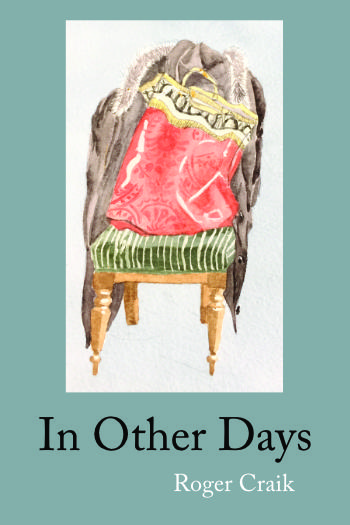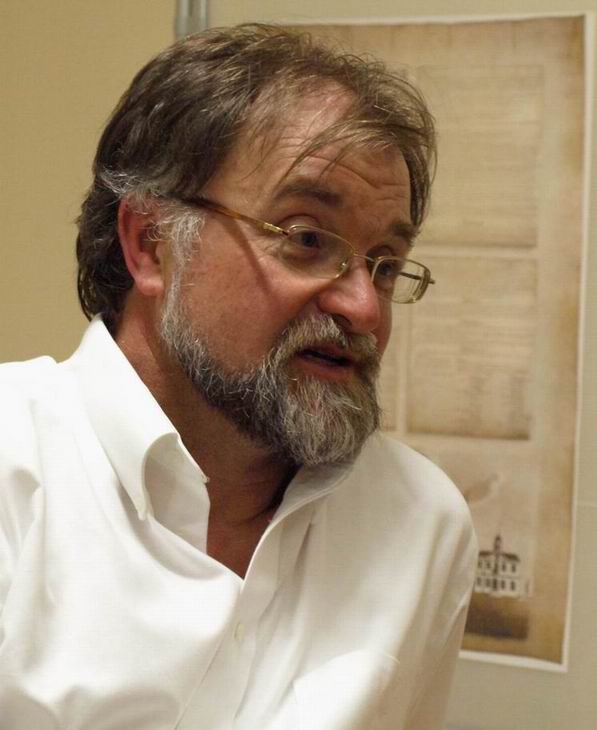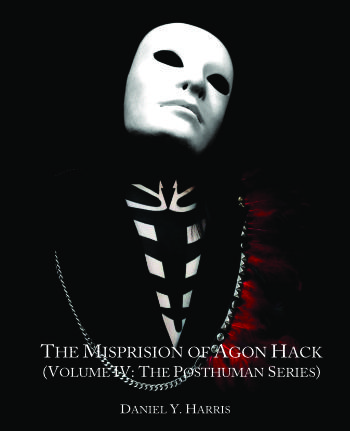
Roger Craik has been interviewed by Tiffany Troy about his new book, In Other Days, in the most recent issue of Compulsive Reader. Here is an excerpt:
A skein of geese goes creaking down the sky: An Interview with Roger Craik about In Other Days
 Interview by Tiffany Troy
Interview by Tiffany Troy
Roger Craik, Professor Emeritus of English at Kent State University, Ohio, has written four collections of poetry: I Simply Stared (2002), Rhinoceros in Clumber Park (2003), The Darkening Green (2004), and Down Stranger Roads (2014), along with two chapbooks, Those Years (2007), (translated into Bulgarian in 2009), and Of England Still (2009). His poetry has appeared in several national poetry journals, such as The Formalist, Fulcrum, The Literary Review, The Atlanta Review, The London Gripand The London Magazine. In Other Days is his latest collection.
Tiffany Troy: Can you introduce yourself to your readers?
Roger Craik: I’m English and born in Leicester in the Midlands and am the only child of academic parents. My father taught on a hastily-arranged Fulbright Scholarship from 1958-1959 at Queens College, New York, where enjoyed himself and taught someone called Carole Klein who later turned out to be Carole King.
I was brought up in in England and then in Scotland, and had a fairly unhappy childhood up in Aberdeen. Then I studied English at Reading University, worked as a journalist, a chess columnist, a television critic, and because I liked English literature, I went back to college and did a Ph.D. at the University of Southampton, on a subject that hardly anyone will have heard of: Sir Thomas Urquhart of Cromarty, translator of Rabelais. I never thought I’d get an academic job, but I did. I went to Turkey for four years, first in Bursa and then in Izmir, on the Aegean Sea.
I never thought of doing any kind of creative writing. When I was in what Americans call high school and English people call secondary school, English consisted of what’s called interpretation, answering questions on an unseen piece, and also writing your own stuff. But suddenly at the age of 14, all of that disappeared, to my sadness. And we started writing about other people, which I found not nearly as interesting. And I found it not nearly as interesting all the time I was in college both times. When I came to America after getting a Beineke Fellowship to Yale, then getting out of Turkey on a visitor’s visa and very luckily getting a job at Kent State where I worked and continued to work, I started doodling and fiddling away at things. What do I mean by things? I started slicing other people’s lines up and making “poetry” out of them. Notably Graham Greene. Then I started gradually writing my own things.
I’ve never felt much of an academic and I’m awfully glad that somehow poetry has found me or I found it. It’s the saving of me, and just an enormous joy to be doing the doing. That’s more important than the publishing, or with interviews like this (no offense!). It’s a question of making something, and whether or not it’s “good” (to use that slippery term) isn’t the point. It’s the making of something that’s yours and yours alone; and then there’s a great pleasure in having other people read it. And by the time other people are reading it, if indeed they are reading it, you’re onto something else.
Tiffany Troy: I enjoyed reading your collection, and especially “Faculty Meeting,” and in that poem I felt the joy of the making in your humor and your voice. Your poems seem process-oriented.
Roger Craik: Yes, absolutely it’s to do with the process of the making, as I mentioned, and also going where the poem takes you, when it starts speaking to you, often exuberantly (or sometimes too exuberantly for some tastes).
Tiffany Troy: Can you describe the process in discovering joy and writing this collection? It felt for me that imagination and memory run in tandem in your work.
Roger Craik: That in fact is a very large question because it covers a lot of things. The book’s pattern is vaguely chronological insofar as the early pieces are reminiscences of childhood, and then right at the end are some pieces about my mother’s illness—and then the rest go in between. I wouldn’t want the rest of the poems to be seen as a hodgepodge though. It’s always difficult to organize a collection, but many of the poems, of course, are autobiographical though I suppose everything’s autobiographical in the sense that one creates it and it comes out of oneself. The piece “Wedding Dream” has nothing really to do with my life at all. I did dream it and I wrote it down more or less as it happened and I’ve always have strange thoughts about what it would be like to get married, to one’s astonishment, and not really wanting to get married, but that’s all pure invention, or impure invention if you want to put it that way.
![BlazeVOX [books]](https://wp.blazevox.org/wp-content/uploads/2015/03/convoy-logo-7.png)
